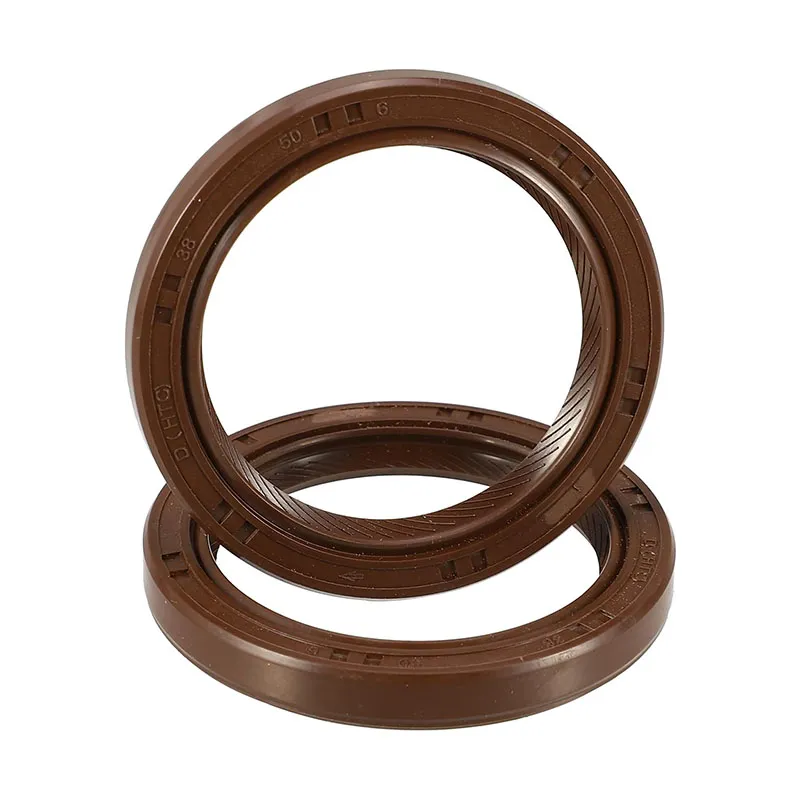round flat rubber gasket
Understanding Round Flat Rubber Gaskets Structure, Function, and Applications
Round flat rubber gaskets are essential components in a variety of mechanical systems, providing a reliable sealing solution across numerous industries. Their design, material properties, and applications ensure functionally secure joints that withstand various operating conditions. This article delves into the structure, manufacturing process, types of rubber used, applications, and the importance of these gaskets in modern engineering.
Structure and Function
At its simplest, a round flat rubber gasket is a circular piece of rubber designed to fill the gap between two surfaces to prevent leakage of fluids or gases. The round shape allows for an even distribution of pressure, making it effective in creating seals in many applications. The flat design ensures compatibility with standard flange fittings and surfaces. When compressed, the gasket deforms slightly to fill any imperfections on the mating surfaces, creating a tight seal that significantly reduces the risk of leakage.
Manufacturing Process
The manufacturing process of round flat rubber gaskets can vary, but it usually involves several key stages
1. Material Selection Different types of rubber are chosen depending on the application. Common options include neoprene, nitrile, silicone, and EPDM, each offering unique properties in terms of temperature resistance, chemical compatibility, and mechanical strength.
2. Formulation The selected rubber is combined with additives to enhance its properties, such as improving its durability, flexibility, and resistance to wear and tear.
3. Molding The compounded rubber is placed into molds to create gaskets of various sizes and thicknesses. The molding process can be done through various methods, including compression molding and injection molding.
4. Curing After molding, the gaskets undergo a curing process, also known as vulcanization, where heat and pressure are applied. This process enhances the material's elasticity and strength, ensuring that the gasket can withstand operational stresses.
5. Quality Control Finally, the produced gaskets are subjected to rigorous quality control testing. This ensures that they meet specified standards for size, shape, hardness, and other critical properties.
Types of Rubber Used
The choice of rubber material is crucial for the effectiveness of the gasket. Here are some common types
round flat rubber gasket

- Neoprene Known for its good weather resistance and flexibility, neoprene is often used in outdoor applications.
- Nitrile (Buna-N) This synthetic rubber is highly resistant to oils and fuels, making it ideal for automotive and aerospace applications.
- Silicone With excellent temperature stability and flexibility, silicone gaskets are often used in high-temperature environments, such as ovens and engines
.- EPDM Ethylene propylene diene monomer rubber is excellent for outdoor applications due to its exceptional resistance to sun, ozone, and weather elements.
Applications
The versatility of round flat rubber gaskets allows them to be used in a myriad of applications, including
- Automobiles Gaskets are critical for engine components, ensuring oil, coolant, and exhaust systems function effectively without leaks.
- Industrial Machinery In manufacturing and other industrial settings, gaskets are used to seal valves, pumps, and compressors.
- Home Appliances Many household items, such as dishwashers and refrigerators, utilize rubber gaskets to maintain airtight seals.
- Construction Gaskets are often used to seal windows, doors, and roofs, ensuring energy efficiency and weather resistance.
Importance of Round Flat Rubber Gaskets
The importance of round flat rubber gaskets cannot be overstated. They play a vital role in maintaining the integrity of systems by preventing leaks, thus ensuring safety and efficiency. Their ability to accommodate movement and variations in pressure makes them a reliable choice over traditional sealing methods such as adhesive or liquid sealants, which can lead to premature failure.
In conclusion, round flat rubber gaskets are indispensable components in various mechanical and industrial applications. Their design, functionality, and material properties make them essential for ensuring leak-free operations. As technology continues to advance and new materials emerge, the development of even more effective and durable gaskets will enhance their performance and longevity, further confirming their relevance in modern engineering solutions.
-
Simplifying Oil Changes: A Comprehensive Guide to Oil Drain Plugs and Their Variants
News Aug.04,2025
-
Mastering Oil Drain Maintenance: Solutions for Stripped, Worn, and Upgraded Oil Plugs
News Aug.04,2025
-
Fixing Oil Pan Plug Issues: Leaks, Stripped Nuts, and the Right Replacement Solutions
News Aug.04,2025
-
Everything You Need to Know About Oil Drain Plugs: Sizes, Fixes, and Upgrades
News Aug.04,2025
-
Choosing the Right Oil Drain Plug: A Guide to Sizes, Materials, and Drain Innovations
News Aug.04,2025
-
A Complete Guide to Automotive Drain Plugs: Types, Problems, and Innovative Solutions
News Aug.04,2025
-
The Ultimate Guide to Car Repair Kits: Tools and Essentials Every Driver Should Own
News Aug.01,2025
Products categories















